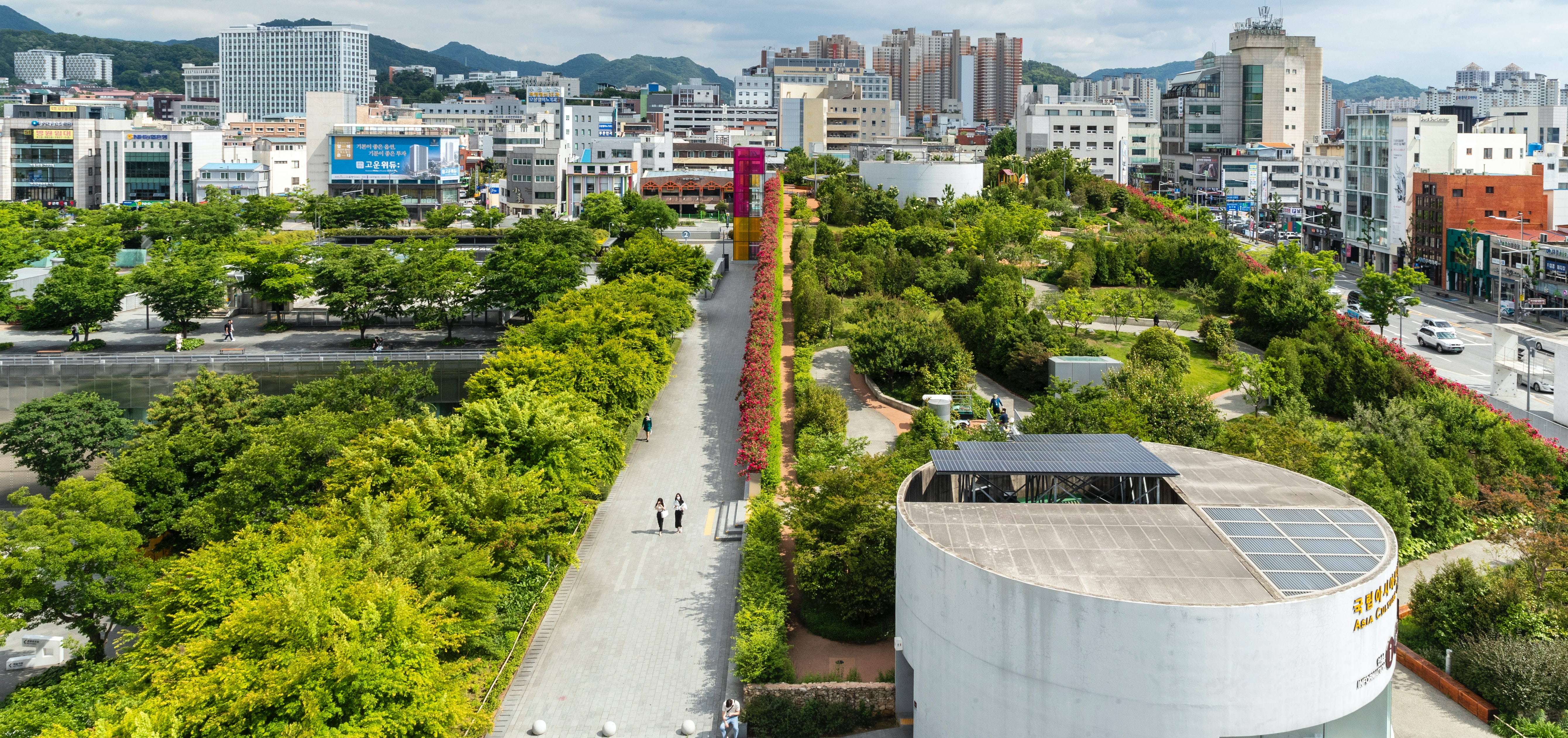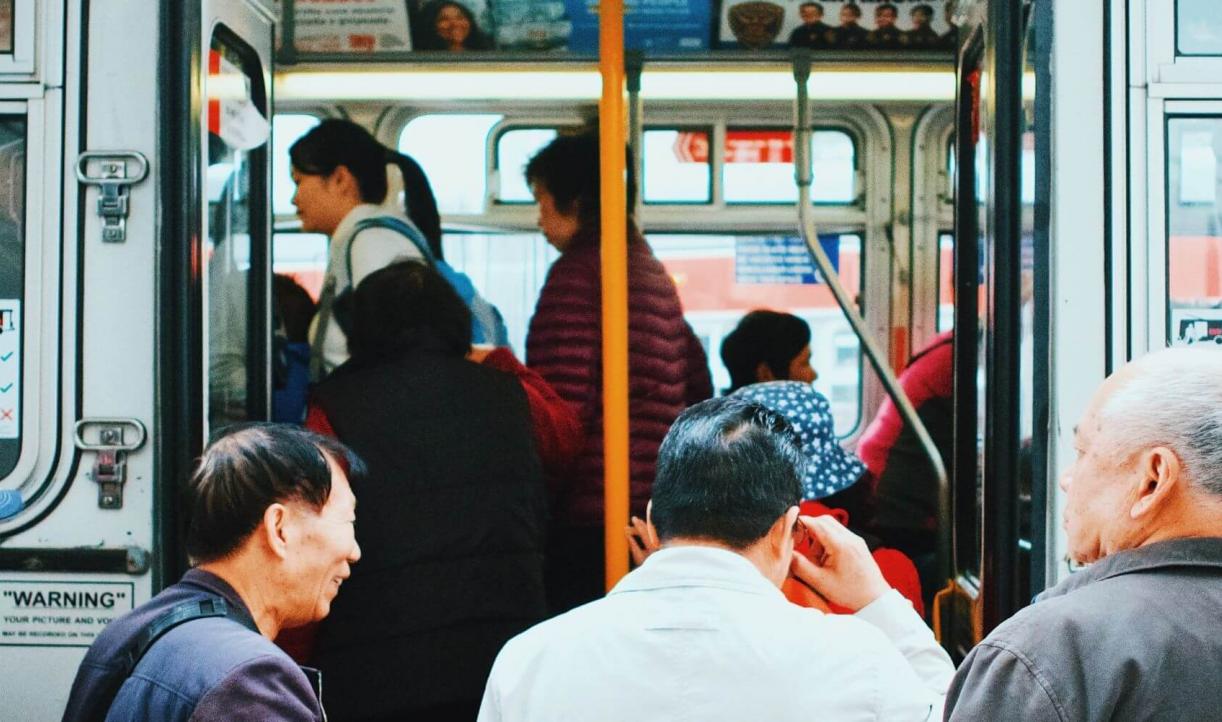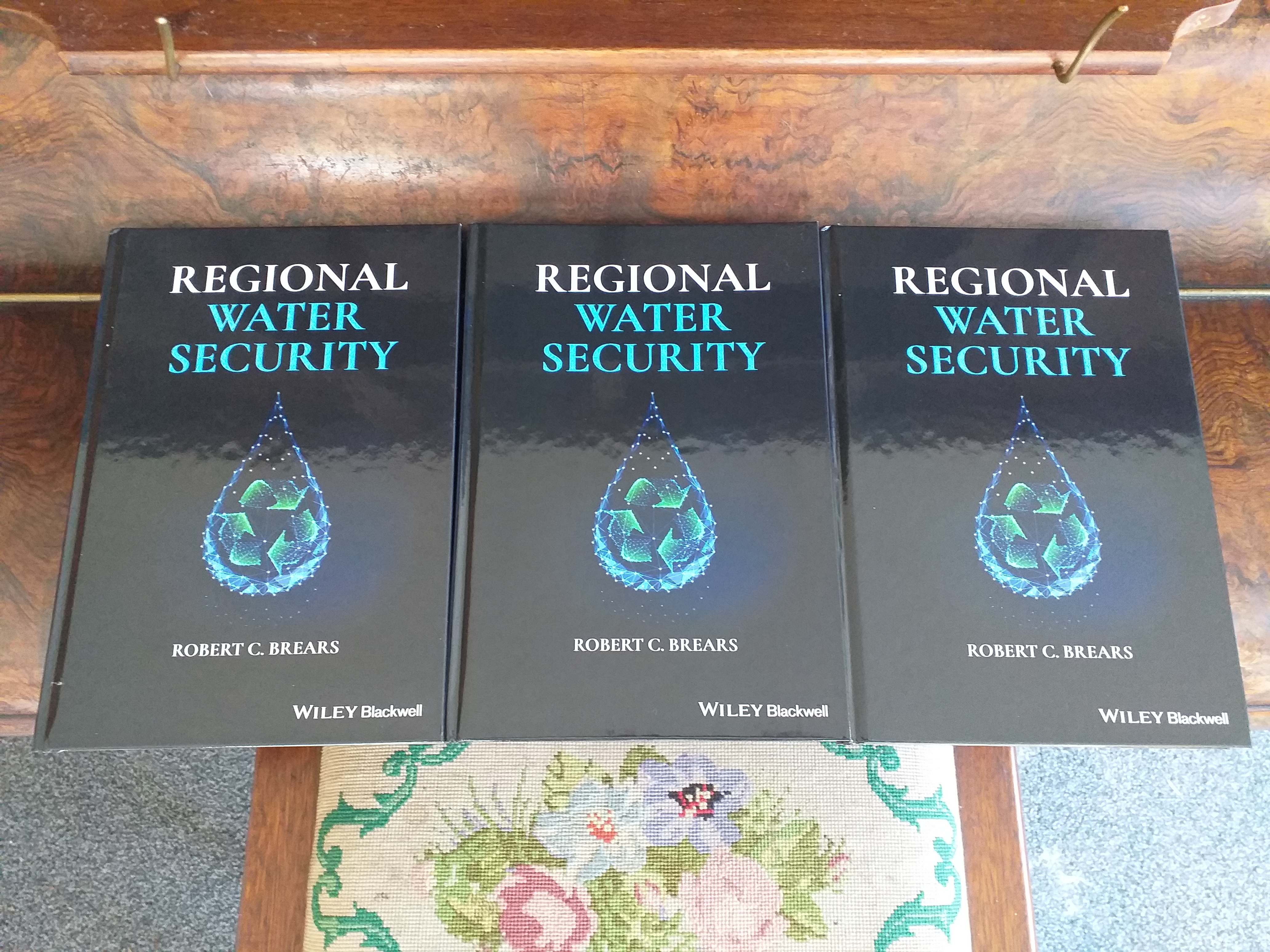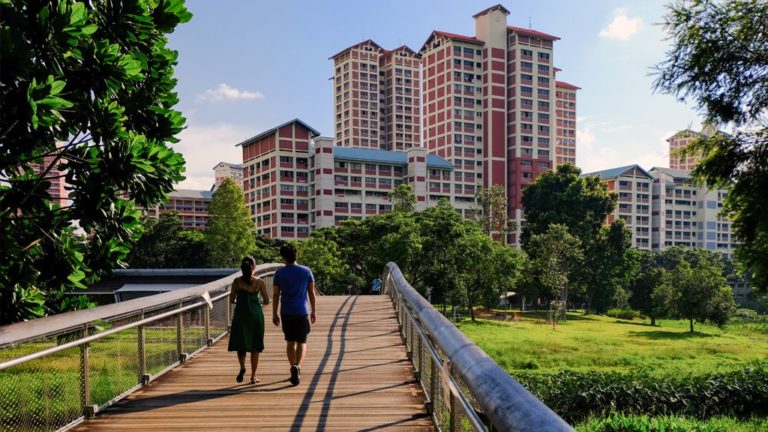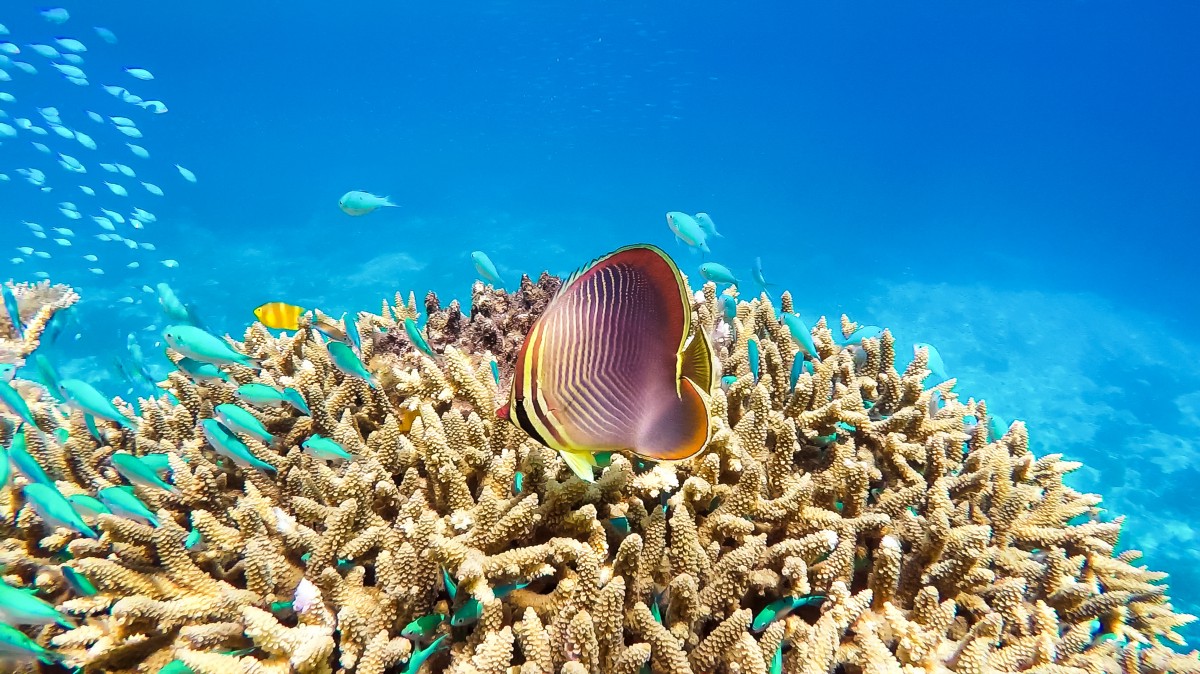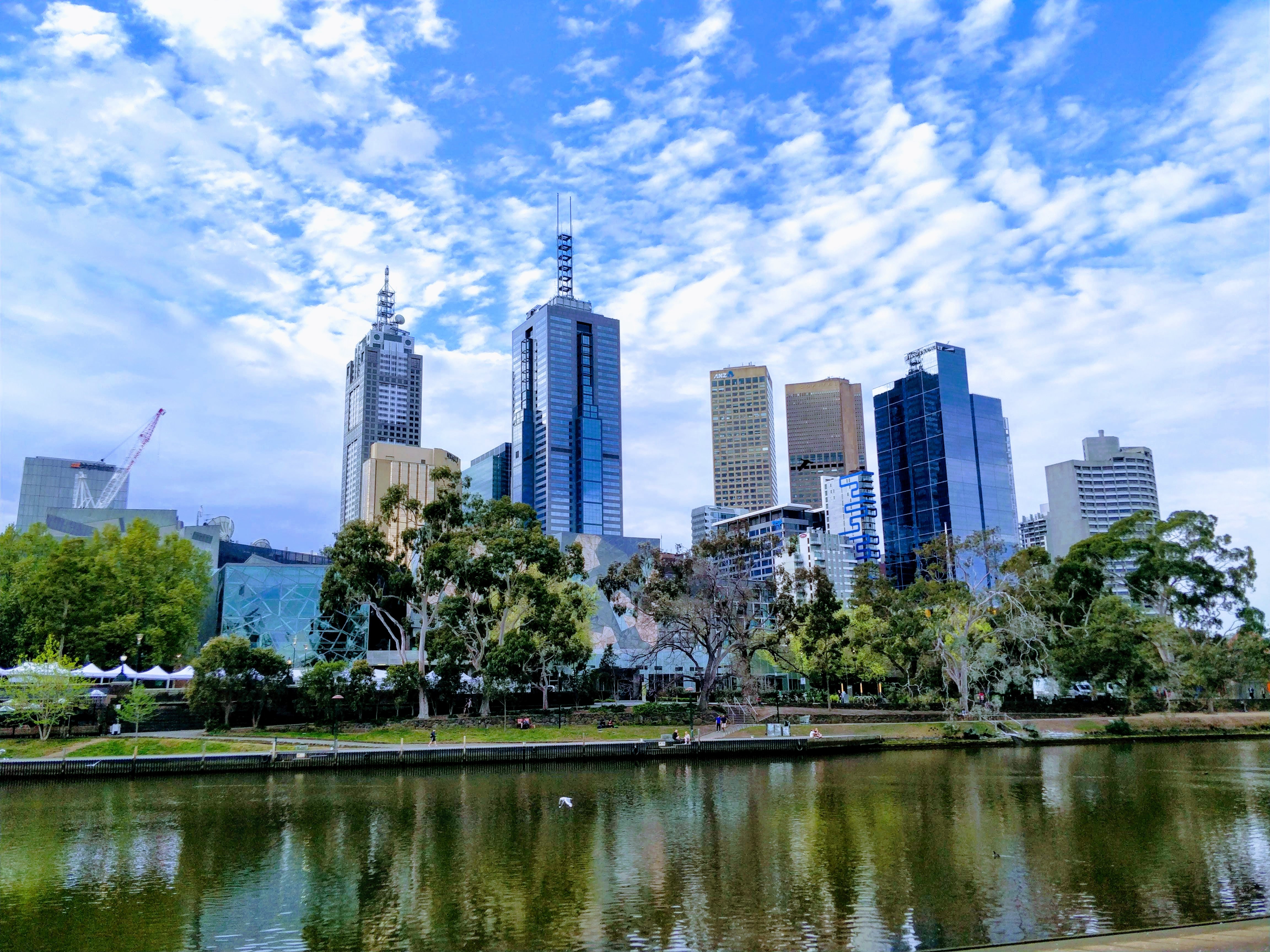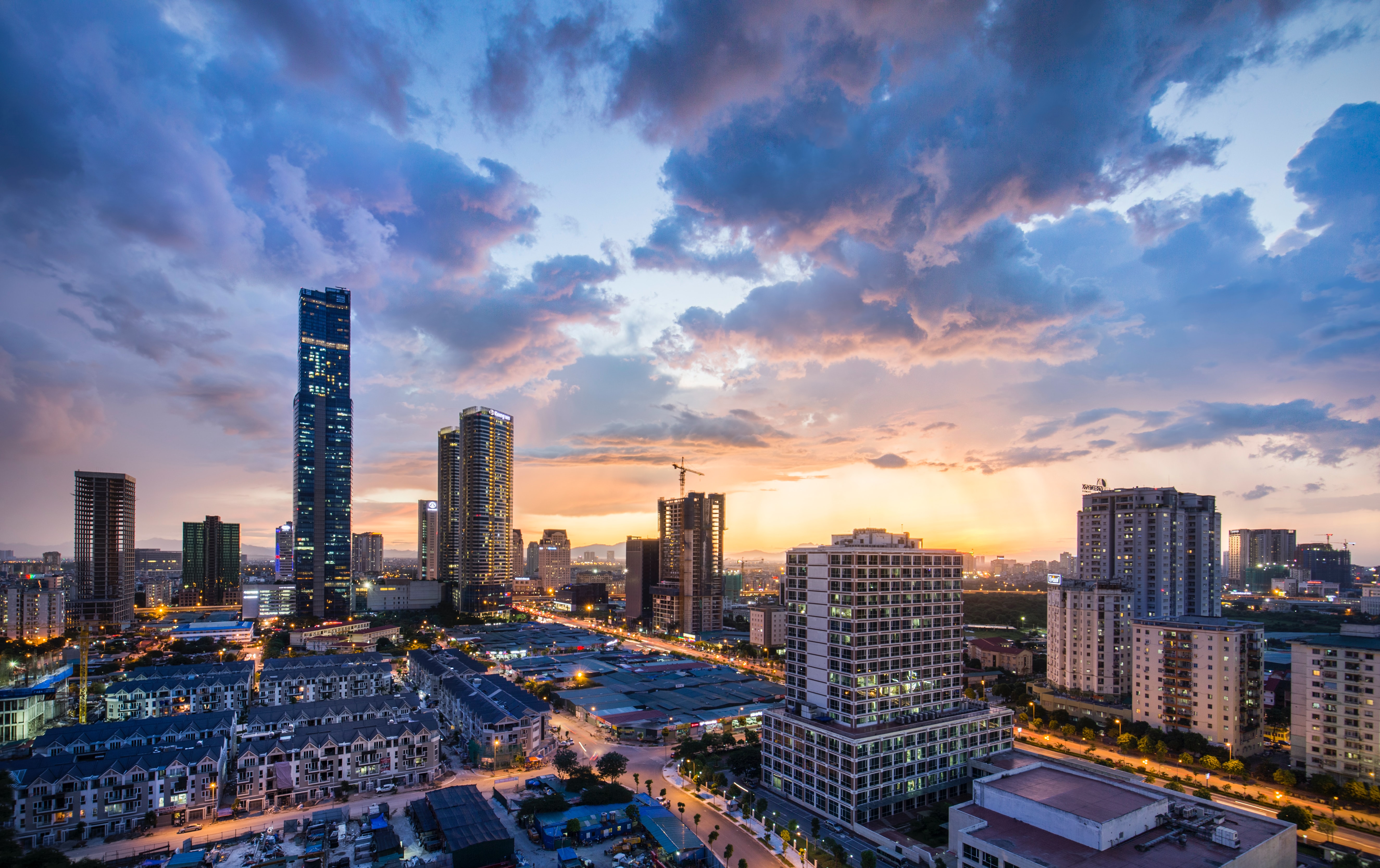Cities and Urban Development
Public - visible to all visitors to the platform.
Open to join - users can join this group without approval.
About this Discussion
Urban centres provide opportunities for a range of social and cultural activities, as well as being critical for innovations in science, technology and education. They are also of critical importance for social and economic development. However, with approximately 40% of global energy use taking place within city buildings, this sector is also the single largest contributor to global greenhouse gas emissions.
As a result, the design and use of energy and resource-efficient buildings has a key role in climate change mitigation to accelerate the global green economy transition. Although vast savings are possible by constructing new green buildings and retrofitting existing buildings, even greater gains can be achieved by adopting a long-term life-cycle approach involving stakeholders at different stages – from environmentally-minded investors and architects, to sustainable extraction, construction and usage, and the eventual demolition and the recycling or disposal of the building materials.
Cities are well-placed to play a major role in decoupling economic development from resource use and environmental impacts, while finding a better balance between social, environmental and economic objectives. Resource-efficient cities combine greater productivity and innovation with lower costs and reduced environmental impacts, offering at the same time financial savings and increased sustainability.
Upcoming Events
Informative message
Cities and Urban Development
Created an Opportunity in Cities and Urban Development, Climate Change
Call for submissions: Innovate4Cities 2021 Conference
Created a Post in Transportation and Mobility, Cities and Urban Development
Created a Post in Cities and Urban Development
Created a Post in Cities and Urban Development, Water and Sanitation
Created a Post in Cities and Urban Development, Natural Capital, Water and Sanitation
Created a Post in Cities and Urban Development, Sustainable Finance, Green Recovery from COVID-19
Created a Post in Blue Economy, Cities and Urban Development, Water and Sanitation
Created a Post in Cities and Urban Development, Climate Change, Natural Capital
Created an Event in Sustainable Finance, Cities and Urban Development
Created a Post in Cities and Urban Development, Green Recovery from COVID-19
